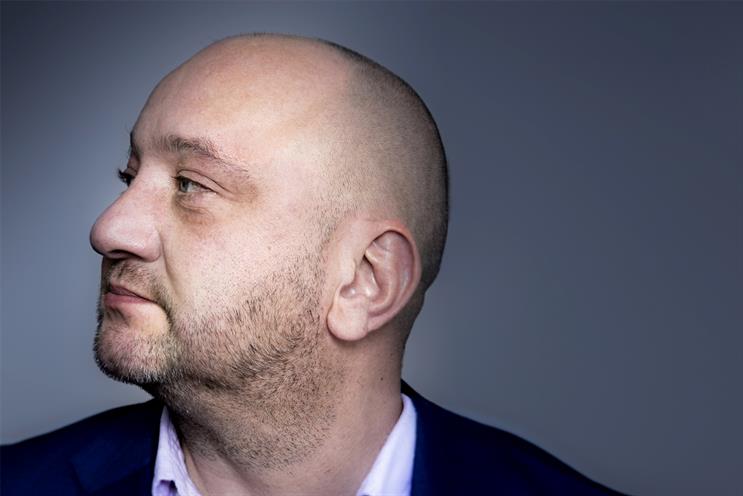In the same week that Sir Martin Sorrell announced that he was planning to accelerate the simplification of its structure after a "not pretty year", Grey London revealed that it was forming a partnership with the WPP production division Hogarth called Town Productions.
You’d think that the creation of yet another division within WPP’s sprawling and complicated marcomms empire would be the last thing that WPP needs. But in reality Town Productions is just another part of that simplification process – it’s simply Grey Production by any other name.
The rationale behind its creation is logical – clients increasingly want and need fast turnaround production, while WPP wants and needs to try and get its hands on more of its clients budgets to help redress the financial pressures that it is finding itself in from, among other things, zero-budgeting.
As you can imagine, it’s gone down like a cup of cold sick with the independent production sector. One boss described the move, perhaps a little unkindly, as akin to asking a not very good architect to design your house and then taking his recommendation that his not very good brother also builds it for you.
In short, Hogarth – via Town Productions – is now Grey’s preferred supplier and while the agency claims that it "will always seek out the right talent for the job", the choice for its clients in which production partners they use has become rather more restricted.
Contrary to what the production company boss, who preferred not to be named, says Grey London is actually quite a decent creative agency – but the jury has been out so long on Hogarth that its effectively gone missing in action.
Steve Davies at the Advertising Producers Association is rather less reticent. He points out that surely there is a dilemma and that Grey’s clients should be asking on what basis any production or post-production work is put out to tender – will that decision be made in the interest of the client or, ultimately, of WPP’s bottom line? How can Town Productions be impartial given that it is a monopoly supplier, he asks.
In its defence, Town Productions, which will be run by Olivia Chalk, says that by moving upstream it will be able to make its clients productions budgets go further in an era when these are being challenged and make messaging more personalised and sophisticated. And, in fairness, Grey is only formalising a preferred partnership model that already existed and of which many other agencies also have.
But when Sorrell talks about things being "pretty" or not, it’s up to Grey’s clients to decide whether Town Productions is the right answer to provide their own creative aesthetics.


